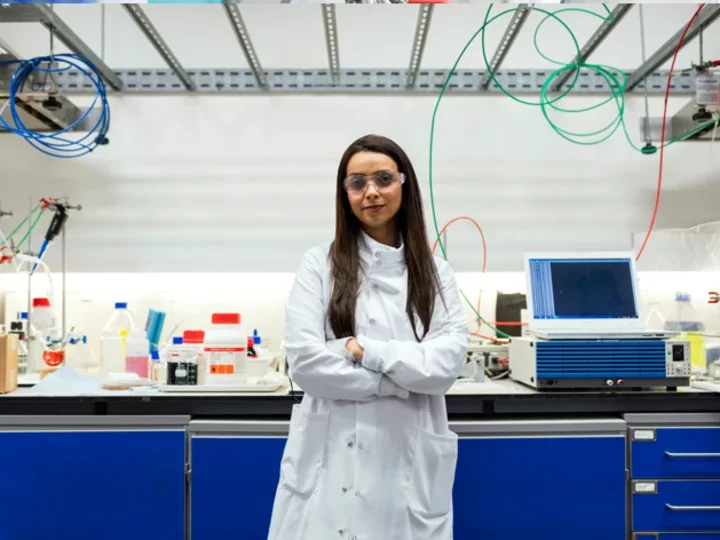Graduate
Explore Cancer Training Programs Today!
Graduate cancer training programs are advanced educational initiatives that provide students with specialized knowledge and hands-on experience in the field of cancer research and treatment. They aim to prepare students for careers in cancer research, by providing them with a deep understanding of the molecular, cellular, and genetic mechanisms underlying cancer, as well as the latest developments in cancer diagnosis and therapy. The format of these programs typically includes seminars, workshops, or courses in cancer biology, genetics, pharmacology, and related disciplines, as well as research opportunities at UCLA. The goal of graduate cancer training programs is to produce highly skilled and knowledgeable professionals who can make significant contributions to the field of cancer research and treatment.
CSUN-UCLA Stem Cell Scientist Training Program
The CSUN-UCLA Stem Cell Scientist Training Program funds full-time immersion internships, allowing CSUN students to conduct independent research under the guidance of esteemed UCLA Broad Stem Cell Research Center faculty.
Graduate Programs in Bioscience
The Graduate Programs in Bioscience hosts and co-hosts several programs and workshops throughout the Academic Year for Graduate Students.
Graduate Writing Center (GWS) NIH F Workshop
The Graduate Writing Center (GWS) NIH F Workshop covers the application process and required components of an NIH NRSA application. We discuss preparation, documents required, and writing strategies for the F31, but the F30 and F32 are very similar. We will also address how to find appropriate materials/resources for a complete application.
JCCC Fellowship Program
The JCCC Fellowship program. Provides research funding to Graduate Students from all areas of cancer research, including basic, translational, and clinical and population science. The purpose of this program is to provide funding support and guidance to fellows so they can use it as a tool towards developing and submitting an NIH F-grant application.
UCCC NCI Training Grant Webinar
The UCCC NCI Training Grant Webinar series is five UC NCI-designated comprehensive cancer centers education and training administrators collaborate to develop education, training and career development programs for UC cancer center trainees.
UCLA Broad Stem Cell Research Center
The UCLA Broad Stem Cell Research Center provides hands-on experience in the labs of some of the world’s top stem cell researchers and serves as a fundamental pathway for education and career development that reflects the center's mission: curing disease with laboratory research that translates to patient therapies.
UCLA Clinical Translational Science (CTSI) Fellows
The UCLA Clinical Translational Science (CTSI) Fellows receive mentored training to ensure the translational nature of their dissertation projects. The goal of the fellowship is to provide pre-doctoral fellows with the investigative skills to create new knowledge about health services.
UCLA CTSI KL2 Award Program
The UCLA CTSI KL2 Award Program develops leaders in clinical research. Scholars are trained to design and oversee research in multidisciplinary team settings, skills critical to a successful career in translational science and the overall mission of the NIH.
